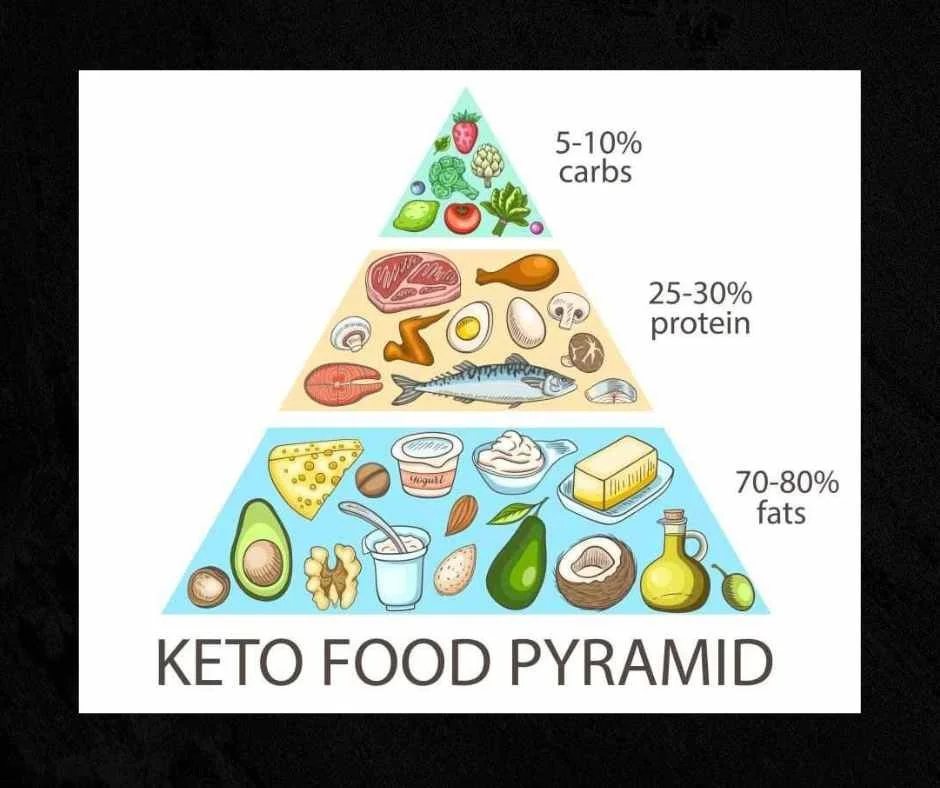Fertilizers – The Genuine Motives Versus Applying Chemical Fertilizer on Your Back garden Crops
Expanding figures of home gardeners are turning from chemical fertilizers as the principal implies of feeding their garden crops. This trend is strengthened by the obscure thought that chemical fertilizers are synthetic items and as a result unnatural.
When it will come to expanding edible crops, lots of people believe that that they and their households are consuming unhealthy artificial residues as opposed to “pure” fruit and veggies that have been grown organically. There are some outstanding factors for not applying chemical fertilizers, but the earlier mentioned objections are mostly legendary.
The true distinction on the other hand is not among “normal” and “artificial”, but concerning plant foodstuff that is mineral in form, (i.e. chemical fertilizer) and that which is natural (compost, worm castings e.t.c.). Also, plants absorb necessary vitamins as mineral salts dissolved in the soil drinking water, and so the things present in natural and organic subject have to crack down to an inorganic, mineral state prior to currently being available to the vegetation.
What is Chemical Fertilizer
Chemical fertilizing is a technique of immediately providing the aspects these types of as Nitrogen and Potassium, which are necessary to plant expansion and advancement. Chemical fertilizing simply just bypasses the system by which matter breaks down from an organic and natural condition to a mineral just one. Providing that portions are acceptable, there is nothing at all necessarily irregular about the plants’ make-up.
Typical fertilizers like Ammonium Sulphate, Potassium Chloride, or Potash, should really not be puzzled with synthetic pesticides, which are in fact poisons whose residues are liable to be current in the edible plants that have been addressed with them. Organically developed develop will of course be absolutely free of pesticide residues, this being the most important reason for preferring it from a health position of check out. However there are correctly legitimate motives for objecting to the use of chemical fertilizers. These have much considerably less to do with their immediate consequences on the plants, but somewhat in the oblique, cumulative consequences for the soil and the atmosphere.
Unfavorable Consequences on the Soil
Constant and perpetual software of chemical fertilizer degrades the actual physical construction of the soil, top to a absence of oxygen in the plants’ root zone. A variety of procedures are responsible for this, these as raising soil salinity, alkalinity, and sodium degrees. All can be traced again to the lengthy-term use of chemical fertilizers, and are in particular unsafe in dry climates.
Feeding the plants indirectly, by means of organic subject on the other hand, improves the chemical, actual physical, and organic health and fitness of the soil. Finally, the excellent of the backyard crops is only as fantastic as the high-quality of the soil in which they increase.
Air pollution
Chemical fertilizers, specially nitrogen and phosphorus types are a really serious kind of air pollution, as the surplus leaches into lakes, rivers and the water desk. Chemical reactions renovate the nitrogen into nitrites and nitrates that are wreaking havoc with all-natural eco-devices. In this respect though, business composts centered on manure, are also pollutants, albeit at a much reduced amount. From an environmental angle for that reason, it is much better to use plant-based composts.







